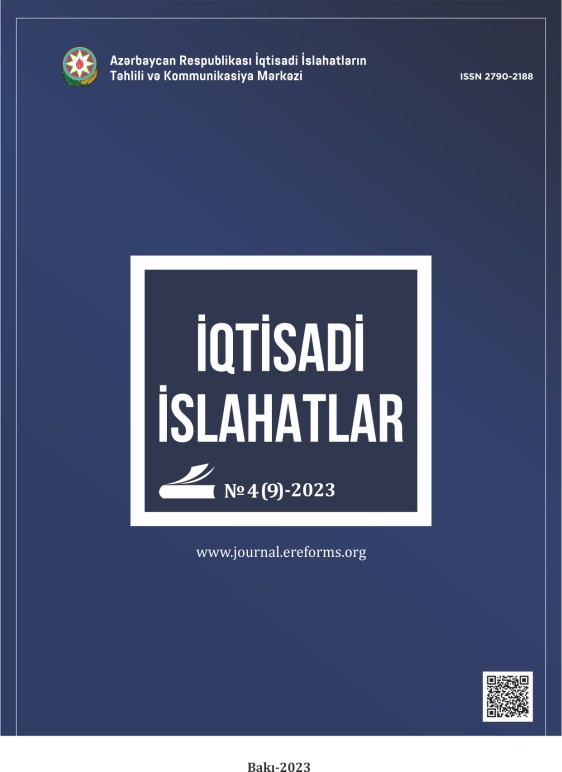The study of the world experience in the direction of increasing the efficiency of the state's social expenditures: the case of the USA and Finland
Summary
Achieving efficiency in any field means achieving greater results using fewer resources. In order to optimize spending in social areas, it is appropriate to examine the experience of a number of highly developed countries and determine the prospective possibilities of their use. In the article, for this purpose, in the countries that are part of several Economic Cooperation and Development Organizations, in recent years, the total expenses incurred on health care, education and social protection and social security, as well as the specific weight of state expenses in GDP, have been comparatively analyzed and the current situation has been expressed based on the analysis. Also, in order to evaluate the efficiency of health and education costs, the relationship between these expenditures and key indicators was evaluated by correlation analysis. The result of the analysis showed that there is a positive linear relationship between healthcare spendings and life expectancy at birth, and between education costs and PISA assessment (including mathematics, reading and science). In addition, 2 liberal and social developed countries (USA and Finland) were selected from among these countries and their healthcare, education and social security systems were examined.
